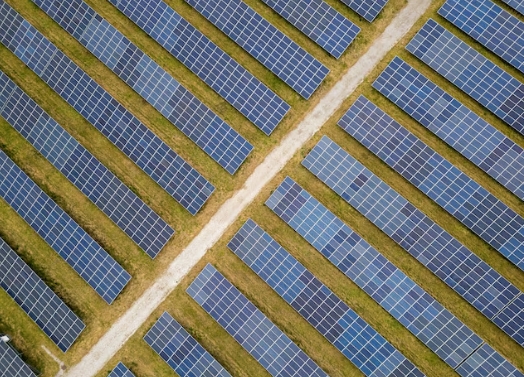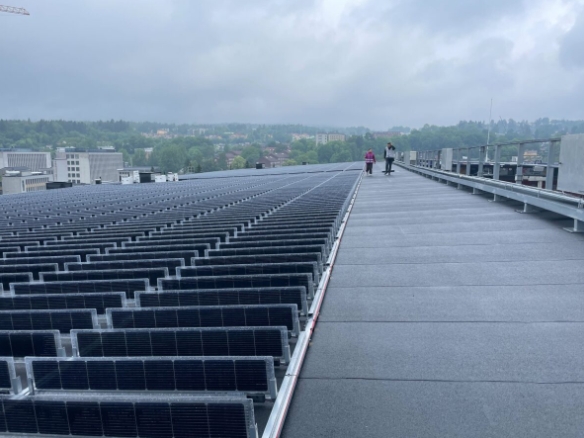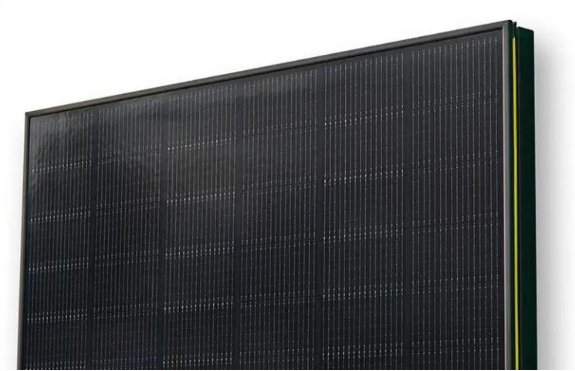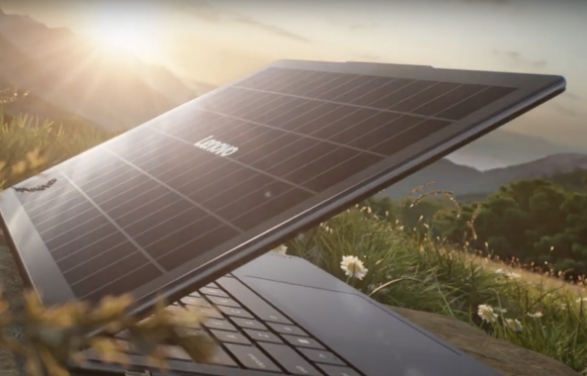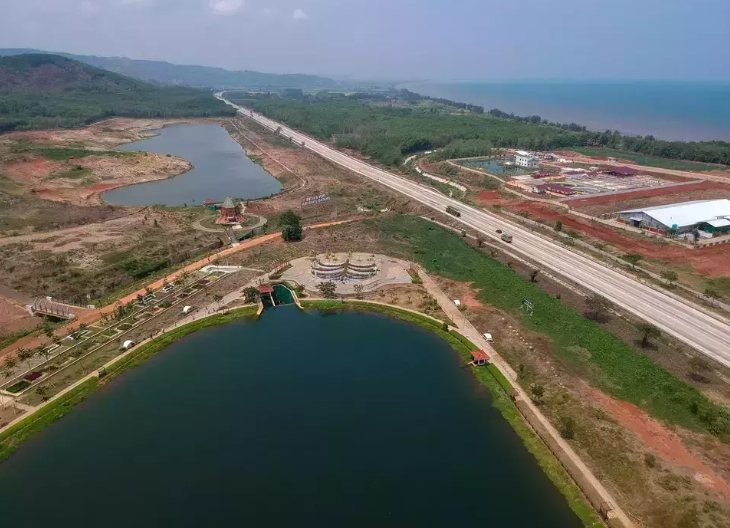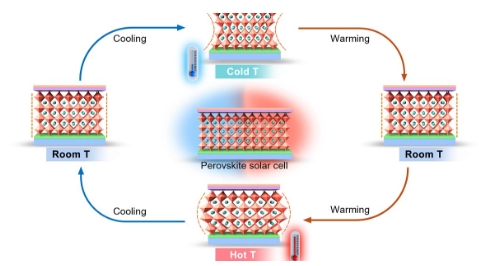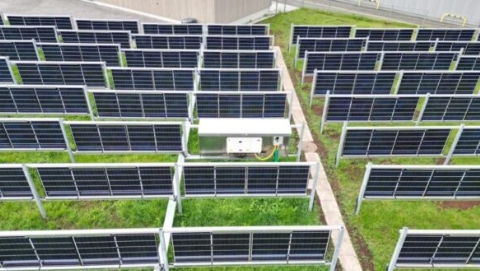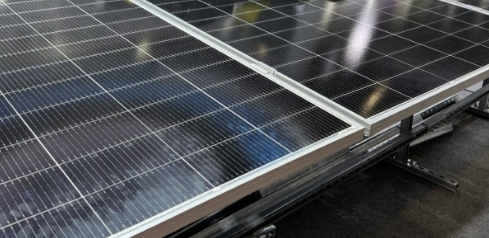
In partnership with the University of Greenwich and the University of Exeter, UK firm RheEnergise has secured a grant of £1 million from the UK government to help identify and test waste materials that could be used as part of a new form of pumped hydro-energy storage.
The grant, funded through the Net Zero Innovation Portfolio (NZIP) as part of the UK Government’s Energy Entrepreneurs Fund, will waste materials that could be used in the high-density fluid (HDF) that is integral to RheEnergise’s grid-scale High-Density Hydro® energy storage system.
The HDF is an environmentally benign alternative to water the company said, claiming that the fluid used in the system is 2½ times denser than water and is therefore able to provide 2½ times the power and 2½ times the energy when compared to conventional low-density hydro-power systems that rely on water and operate in the Scottish Highlands, Wales and across Europe
RheEnergise said it can deploy its long duration energy storage system beneath the surface of hills rather than mountains, opening up commercial opportunities in the UK, Europe and further afield.
The new research project, funded by BEIS’s Energy Entrepreneurs Fund (EEF), wants to identify suitable minerals and waste streams which can be recycled into the high-density fluid which can be locally sourced and are lower-cost, rather than having to rely on minerals imported from overseas.
“The opportunities presented by the EEF grant are phenomenal,” explained Stephen Crosher, Chief Executive of RheEnergise. “We are delighted to be able to lead and partner with two outstanding universities - Greenwich and Exeter. The project has the potential to solve three huge questions that affect people daily and globally: those of climate change mitigation, delivering firm power supply from renewables and how to use waste from other industries for new purposes, creating truly circular economies.
“The government grant, from the Department for Business, Energy & Industrial Strategy, will help us to cut the operating cost of our hydro energy storage system, whilst increasing its sustainability. By using locally sourced waste materials, we can lower the costs of our projects, reduce carbon emissions from transportation and processing and create a new circular economy where none currently exists.”
Graham Stuart MP, UK Energy Minister, commenting on the EEF grants said: “This funding will see the next generation of energy pioneers drive forward cheap and sustainable low-carbon technologies. This will not only deliver green jobs and lower the costs of energy to businesses but also foster world-leading solutions to net zero and economic growth.”
Later this year, RheEnergise will start work on building a 250kW/1MWh (4 hours) demonstrator of its High-Density Hydro® energy storage system at a site near Plymouth (announced in November 2022) and is planning to have its first 5MW grid-scale project in commercial operation within the next 3-5 years.
